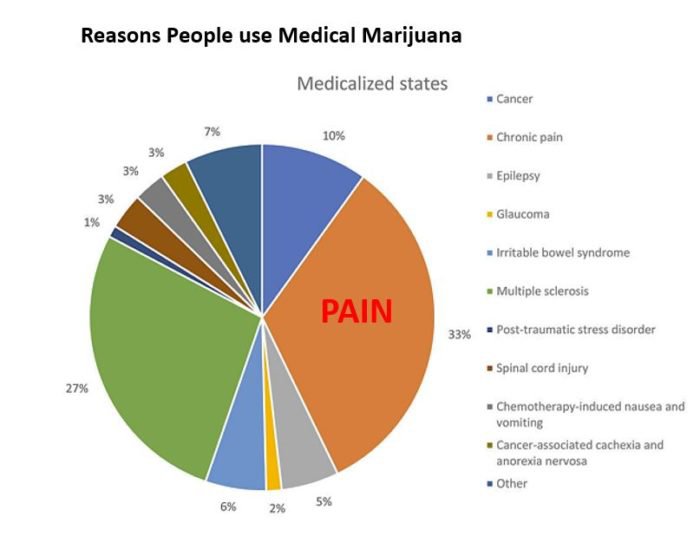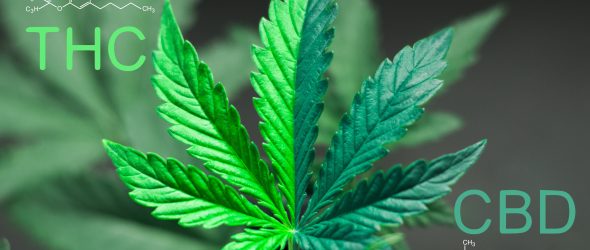“I am glad to share with you what I have learned throughout my personal quest to overcome adversity to become an accomplished neurosurgeon, scientist, Ironman athlete, consultant, author, and advocate on healthy living and nutrition.” ~ Dr. Joseph Maroon.
The number one reason people use medical marijuana is for chronic pain. This condition has also been the driving force behind the majority of seniors who have obtained permission from their physicians to use medical marijuana. But as noted in the recent article by Consumer Reports – A Guide to CBD and Cannabis for Older Adults, there are certain precautions to using THC in the elderly. Dr. Maroon was asked to comment on the use of CBD, the non-psychoactive compound found in both marijuana and hemp, for pain.
“CBD is thought to help by reducing inflammation, specifically in molecules called cytokines and brain cells called microglia. “Both can lead to an inflammatory response,” says Joseph Maroon, MD, a clinical professor of neurological surgery at the University of Pittsburgh Medical Center. A 2018 review in the journal Surgical Neurology International by Maroon and colleagues found that curbing inflammation with CBD use may help with anxiety, depression, and seizures.

Among those aged 65+ the use of marijuana has doubled in recent years, but it is still relatively low increasing from 2% in 2015 to 4% in 2018. Substantial evidence suggests that it can help with chronic pain, nausea, moderate sleep problems, vomiting from chemotherapy, and muscle spasms from multiple sclerosis, as well as pain from fibromyalgia and MS.
Some may think that marijuana and CBD are the same, but they are not one and they are not the same. CBD is a compound that does not provide a high and it is typically used for anxiety, insomnia, seizures and joint pain. Marijuana on the other hand contains THC which will provide a high, and it can be prescribed for migraines, chronic pain, anxiety, and PTSD. CBD can be purchased with and without TCH, always check the labels to see what you are getting.
Both CBD and THC can affect each person differently, what works for one person may not work for another. Though typically safe and well-tolerated it is recommended to consult with your doctor or certified medical professional to avoid the possibility of any potential complication such as adverse interactions with certain medications. Always get your products from a reputable distributor and read the labels to be aware of the quality and concentration/potency of THC in any applicable products, it is best to start off with a low dose to see how it affects you and then adjust if needed.


